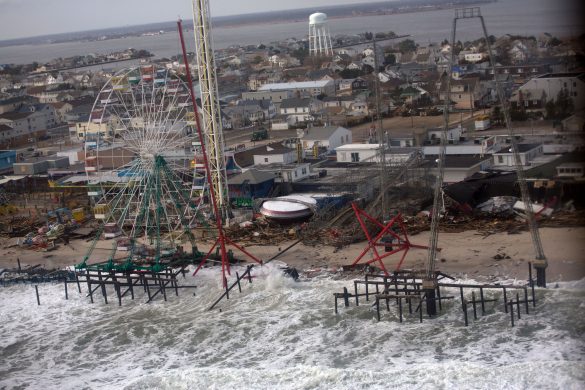Infrastructure is at the heart of economic growth and yet there has been chronic underinvestment in most G20 countries.
Limiting the global temperature rise to below 2 degrees, in line with the Paris Agreement, will require USD 6.9 trillion per year in infrastructure investment between now and 2030, only 10% more than the carbon-intensive alternative.
In addition, climate-friendly infrastructure is more energy-efficient and would lead to fossil fuel savings totalling USD 1.7 trillion annually, more than offsetting the incremental cost.
Even in countries where the transition to a low-carbon economy will be economically challenging, such as in net fossil-fuel exporters, the right combination of policies can mean that low-carbon growth offsets the cost in terms of the economy and jobs of putting in place mitigation policies.
Recommendations
The report recommends that G20 countries:
- Ensure the integration of climate objectives in pro-growth reforms, in particular to deliver better resource allocation, stronger investment and structural reforms in line with the low-emission transition.
- Strengthen climate mitigation policies, including carbon pricing, fossil fuel subsidy reform, smart regulations and the use of public procurement to help drive low-carbon innovation
- Scale up efforts to mobilise private investment in low-emission and climate resilient infrastructure through further efforts to green the finance system.
- Engage local governments, employers and workforce in the transition of exposed activities and communities, to deliver a just transition for workers.
Download the report: http://www.oecd.org/environment/investing-in-climate-investing-in-growth-9789264273528-en.htm















